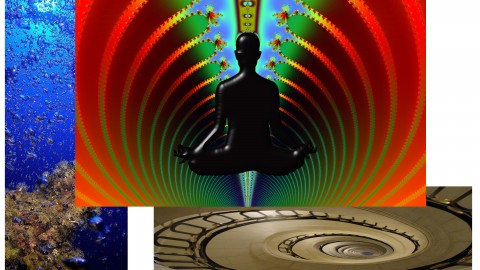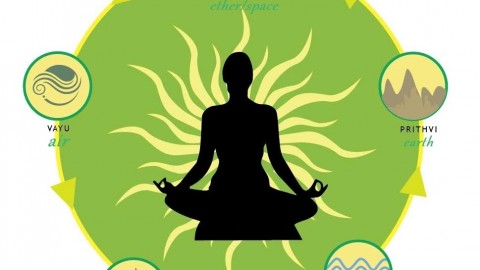Observing Yourself in Action
1: Use self observation to learn new skills. There’s evidence that observing yourself on video as you learn a new motor skill provides motivation, better execution of the skill, and helps you remember how to do the skill. Further, self observation using video benefits both children and adults.
Consider using a cell phone or other video recorder to observe yourself. It can help you have an easier time learning a new routine in dance class, footwork for a sport, or other physical act of coordination.
2: Record yourself doing your job. In addition to learning new activities, you can use self observation to improve your job performance. For example, it’s been shown that observing video of themselves at work had positive effects on teachers’ professional development.
Similarly, evidence suggests that video recording helps nurses and student nurses master clinical skills and improve patient interactions.
Filming yourself works by taking you out of the situation and letting you observe. You’ll be able to notice more as an observer, which can help you overcome the tendency to self-criticize.
Since cell phones and computers with built-in webcams have made video recording so universal, you can easily apply these findings to your own life. Record yourself doing your job to promote your own professional development. If you have to make a speech or presentation, record yourself and look for parts of your public speaking performance that need a little work.
3: Focus on progress when practicing self observation. Successes and failures are central to self observation, whether you’re practicing meditation, keeping a journal, or recording yourself giving a presentation. Cognitive behaviorists and psychologists agree that focusing on accomplishments when observing or monitoring yourself generates more accomplishments.
In other words, recognizing your progress motivates you to keep succeeding. Emphasizing failures decreases motivation and lowers the chances of future progress.
Stay positive when practicing self observation and focus on how you can improve yourself instead of things you don’t like! When observing your own flaws and failures, look for potential causes and changes you can make instead of just getting discouraged.
For example, you might read a past journal entry and think, “Gosh, I really overreacted and lost my temper for no reason,” or you might have noticed in a video recording that you kept missing a step in a dance routine. Try not to focus on what you did wrong, but think of ways you can improve your temper or nail that dance step.
Tags: Challenger Great Warrior










